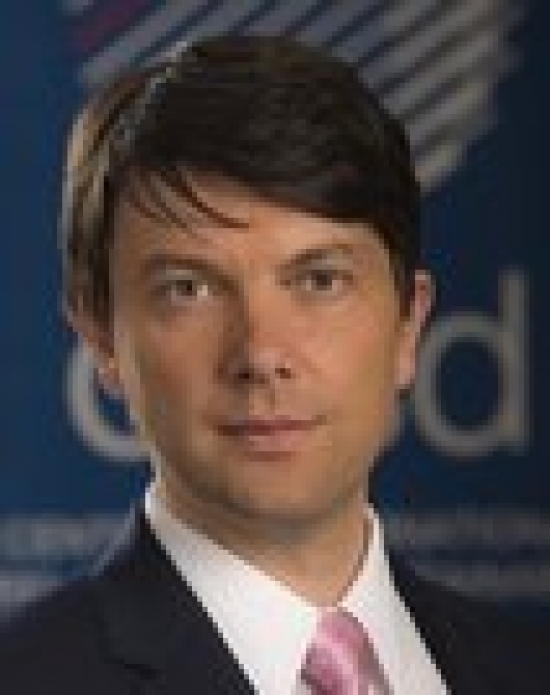
Europe and Serbia in the Wake of the French Presidential Election
France got a new president who, according to all of his external characteristics, represents a break with the country’s political scene. Emmanuel Macron is only 39 years old, which seems as insufficient life experience for French standards on highest
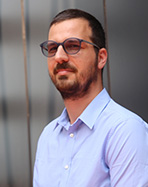
China – Central and Eastern Europe (CEE) cooperation framework
As the China–Central and Eastern Europe (CEE) cooperation framework known as “16+1” stretches into its 5th year, there is now a common understanding among the seventeen participating countries about the general context of this mechanism, and a shared

Presidential Election in France – A Historical Turning Point
The second round of the 2017 French Presidential Election will feature En Marche’s candidate Emmanuel Macron and Front national’s Marine Le Pen. Although opinion polls have predicted such an outcome, their predictions can in no way diminish the drama
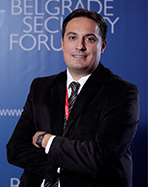
Anger, fear and mistrust as movers of modern populism
In an excellent French-made documentary concerned with Barack Obama’s first term in office, one of the most striking moments shows the American President cracking a joke on behalf of Donald Trump, who happened to be present. One term and several year
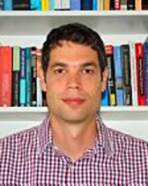
Corruption and Democracy - Why and When Political Corruption Matters?
In principle, elections bring a promise of democratic accountability – allowing voters to sanction retrospectively politicians who fail to deliver good performance, and to proactively choose candidates they believe will perform best. Since most voter
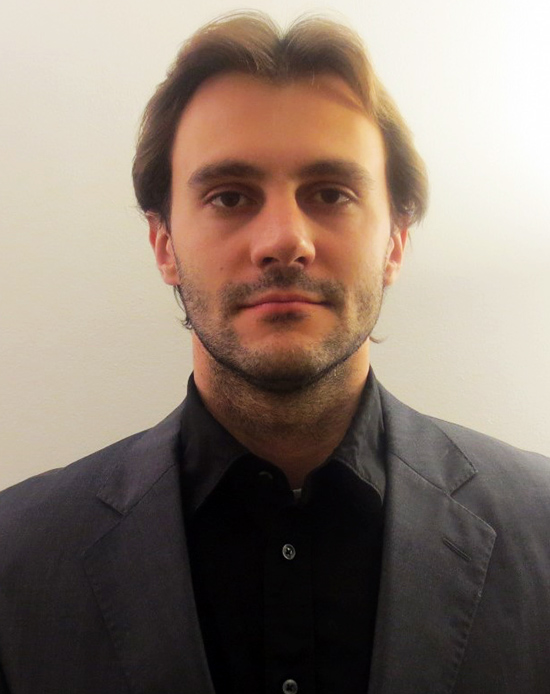
Informing Syrian Refugees about Smuggling: First Findings from the Field
Dr. Danilo Mandić is a sociologist and College Fellow at Harvard University, where he teaches a course on “Refugees in Global Perspective.” He received his AB from Princeton University and his PhD from Harvard University. With a grant from the Carneg
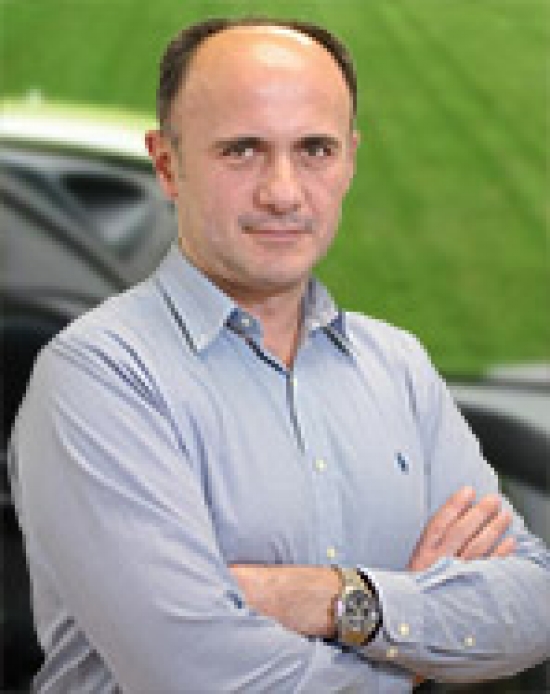
Smart Cities Need Smart Villages
After a long week at the Centrum für Büroautomation, Informationstechnologie und Telekommunikation (CeBIT) with numerous meetings and presentations by around 3000 exhibitors, I am sitting in the Hannover airport summarizing my impressions.
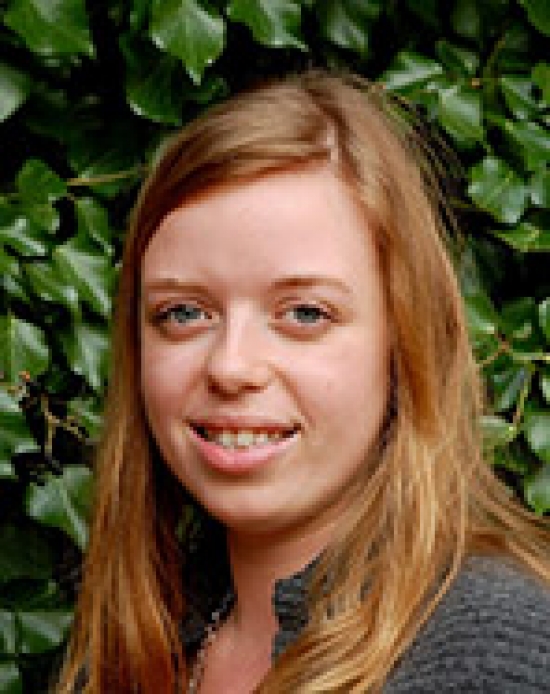
The future of coal is grim, after the Paris Agreement
Over the past several years, the impacts of climate change have become more visible across the globe. Unprecedented floods hit Southeast Europe in 2014, while 2015 was yet another hottest year on record worldwide. Such events set the stage for the di
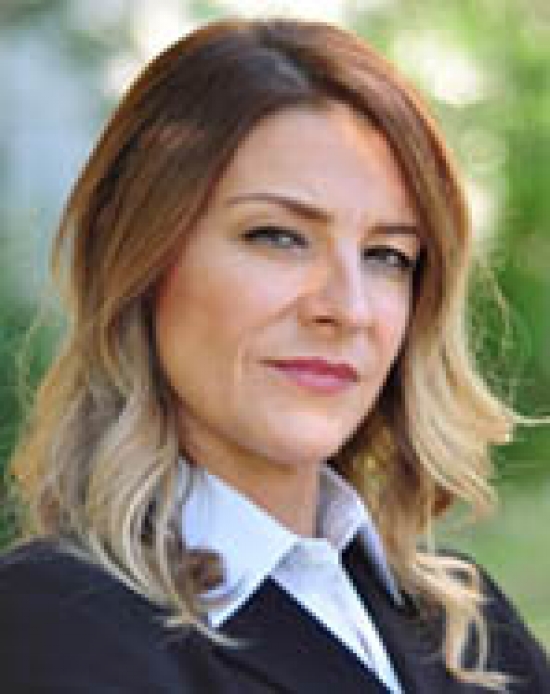
Our Post-Carbon Future | Renewables Versus Nuclear Power: The Battle is Real
Today’s energy sources cannot keep up with the future we want to live in. The easiest and cheapest way to satisfy the growing demand is to burn more fossil fuels. However, the fundamental shift in the geopolitics of climate change has transformed the
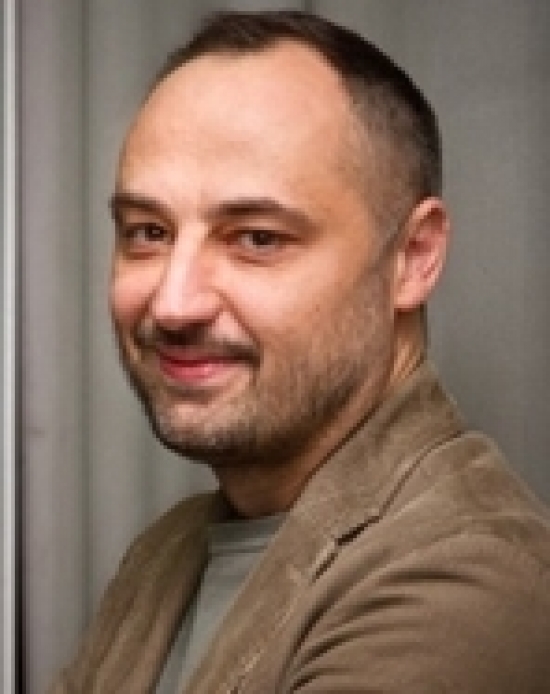
The Paris Agreement: First Estimates and Projections
The Paris Agreement adopted on December 12th, 2015, has secured its place in all future negotiations on climate change. Soon after the adoption of the agreement, it became clear that the document marked a turning point in the decades-long effort to a







